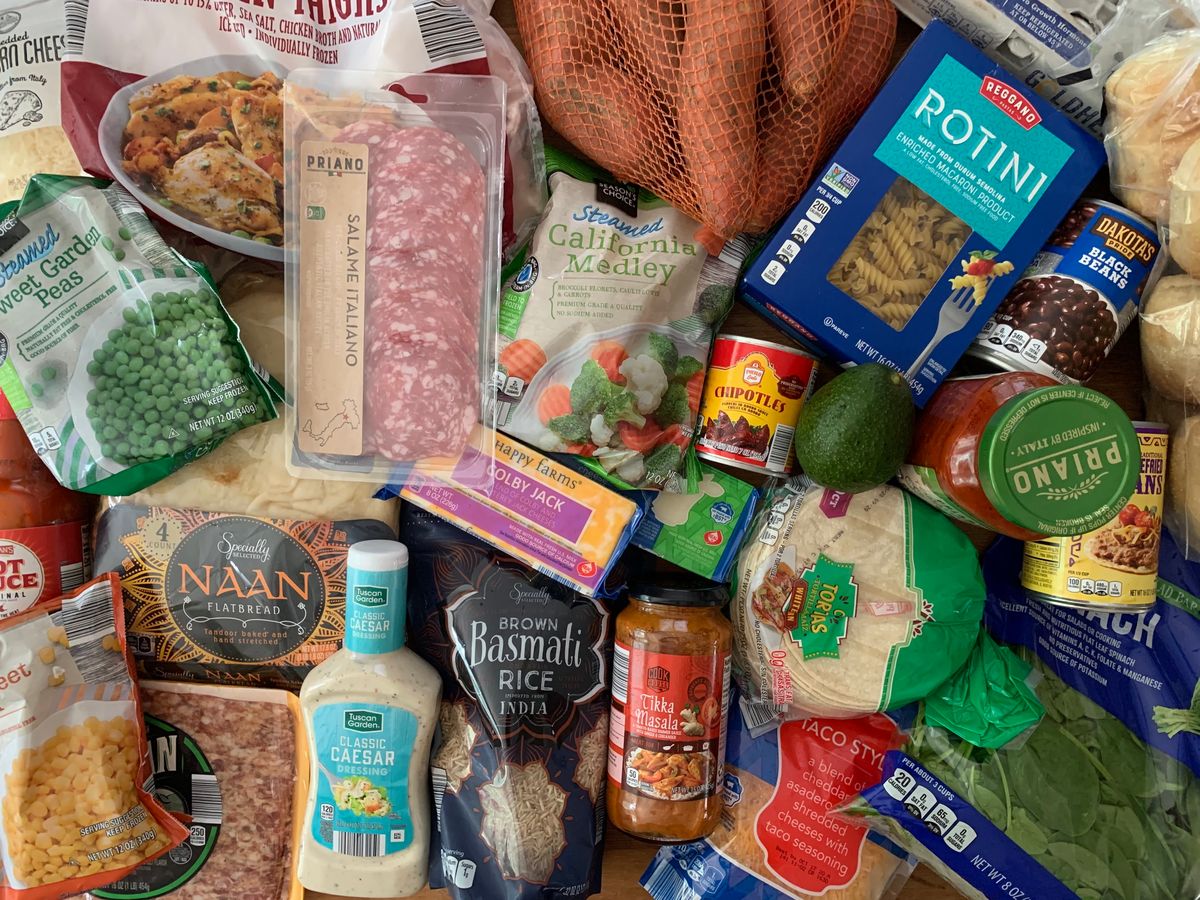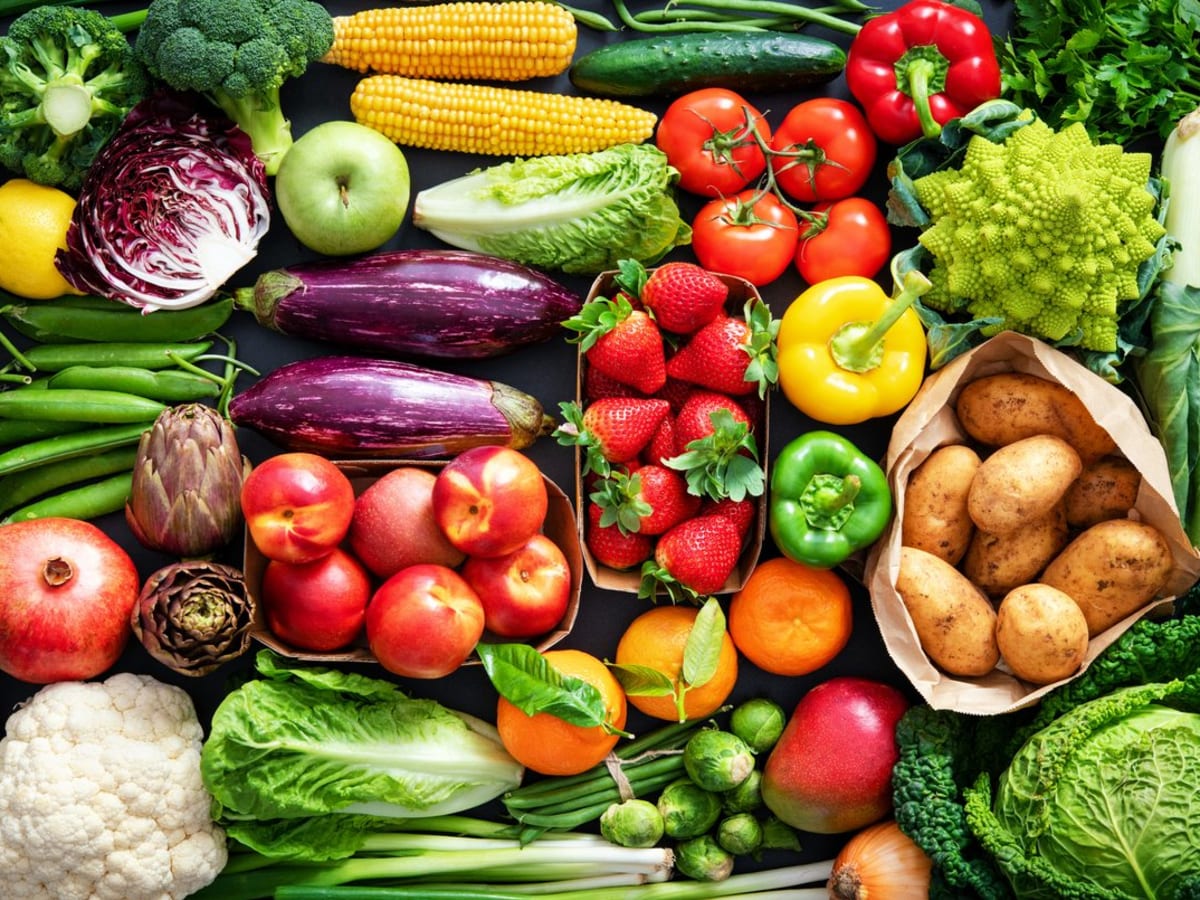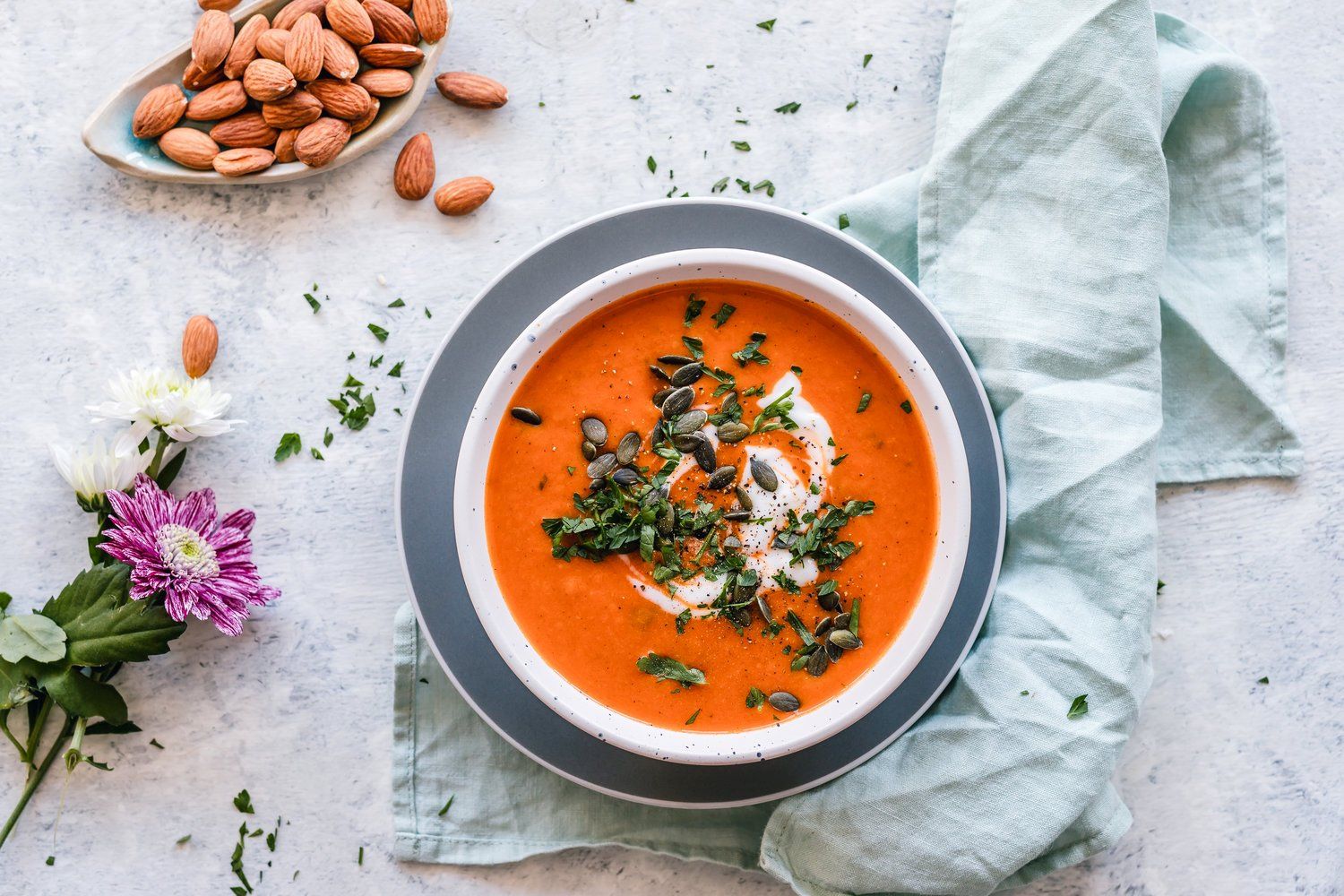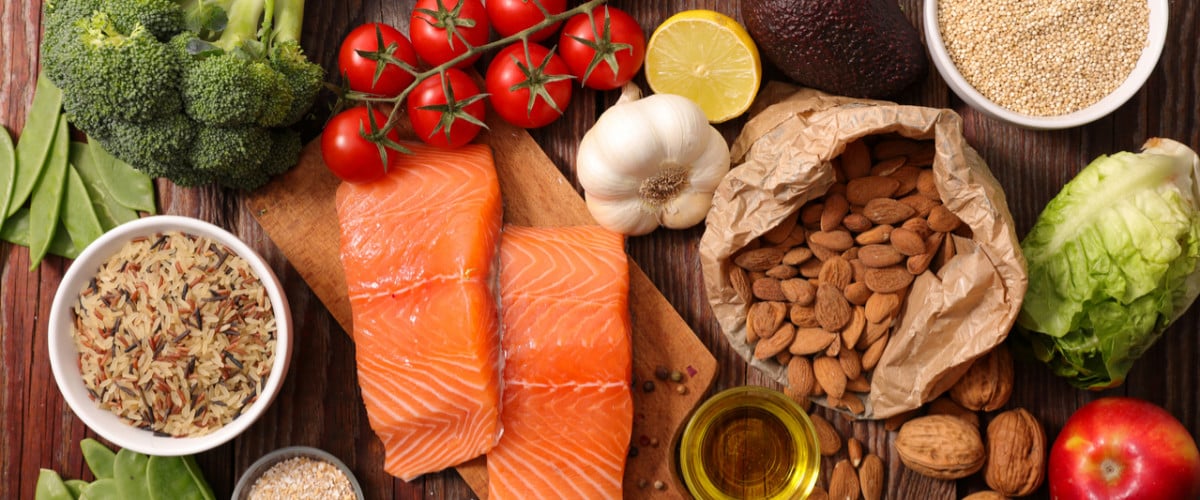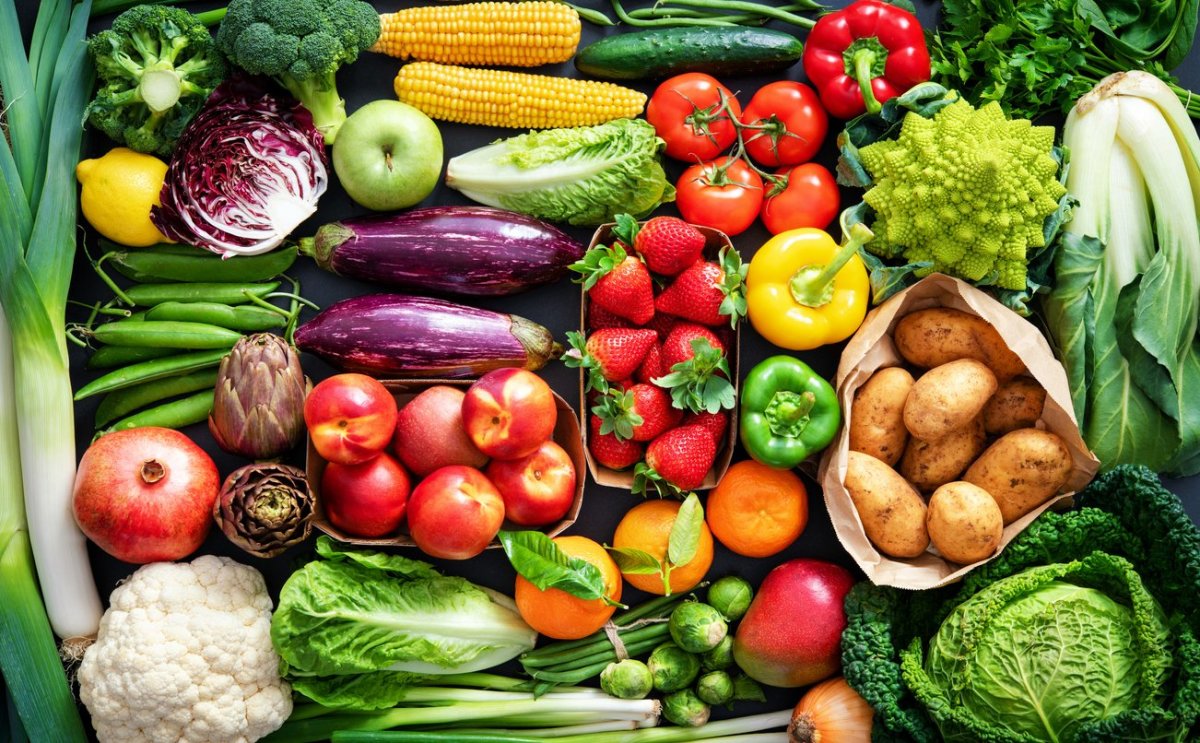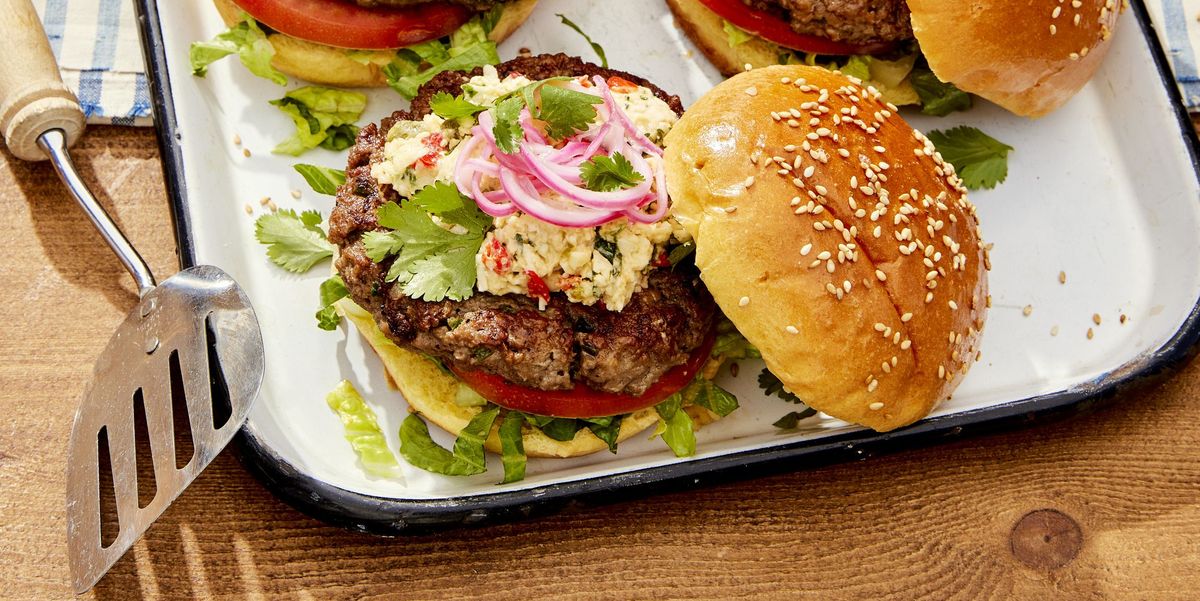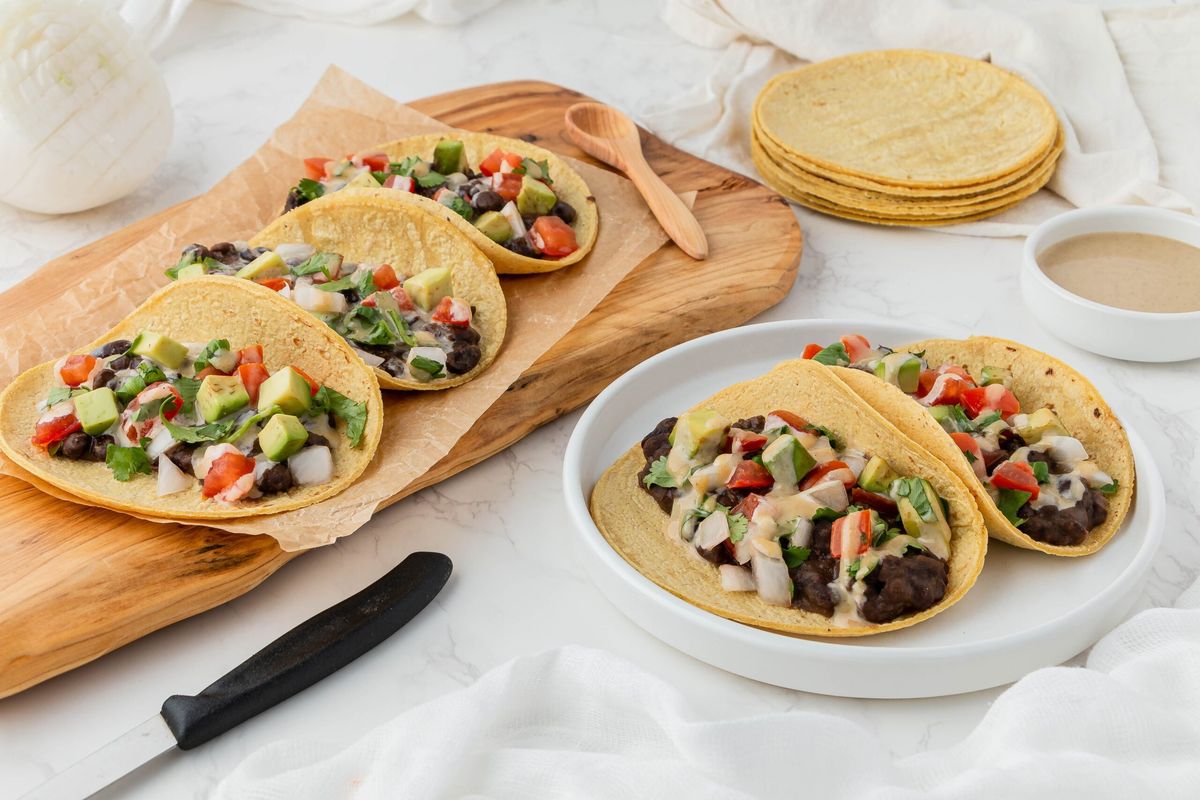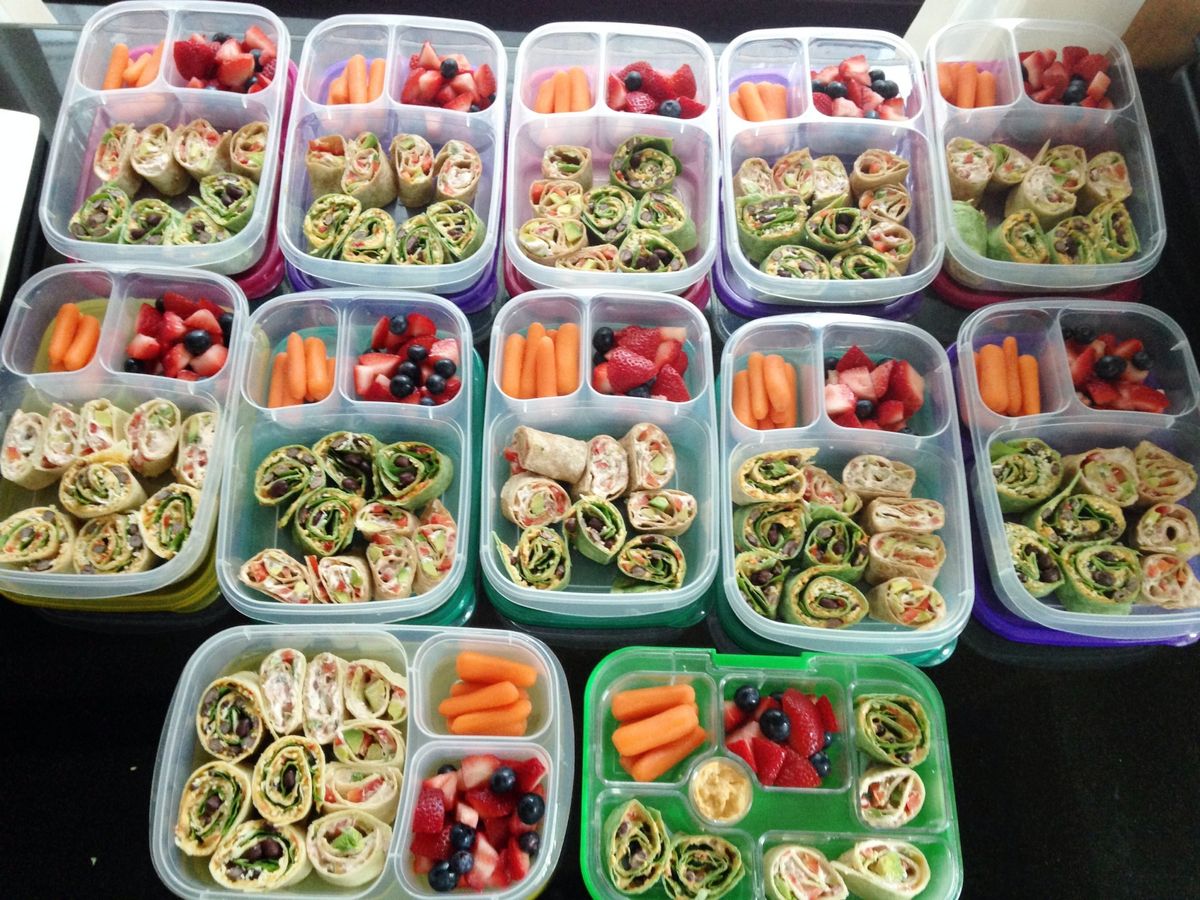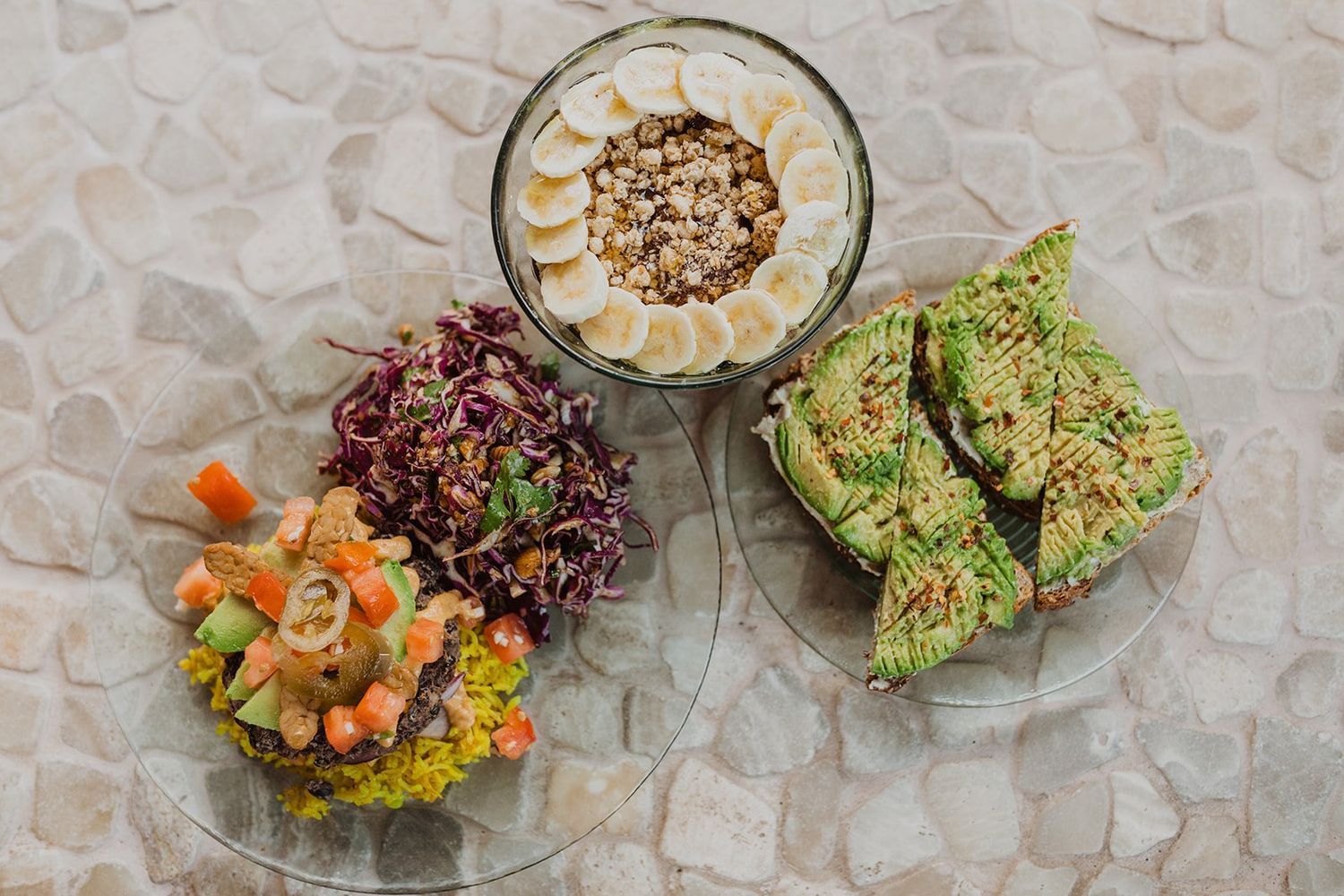Healthy Eating on a Budget: Tips and Tricks
When it comes to maintaining a healthy diet, many people believe that it’s expensive. However, with a little planning and creativity, it’s possible to eat nutritious meals without breaking the bank. Here are some tips on how to eat healthy and on a budget:
Plan Your Meals
One of the best ways to save money on food is to plan your meals in advance. Take some time at the beginning of each week to plan out your meals and create a shopping list. This will help you avoid impulse purchases and ensure that you have everything you need to prepare healthy meals at home.
Buy in Bulk
Buying in bulk can be a great way to save money, especially on staple items like rice, beans, and oats. Look for bulk bins at your local grocery store or consider joining a wholesale club where you can purchase larger quantities of food at a lower cost per unit.
Shop Seasonal Produce
Fresh fruits and vegetables can be expensive, especially when they’re out of season. To save money, try to buy produce that is in season. Not only will it be more affordable, but it will also be at its peak in terms of flavor and nutritional value.
Cook at Home
Eating out at restaurants or ordering takeout can quickly add up. By cooking at home, you can not only save money but also have more control over the ingredients in your meals. Look for simple and healthy recipes that you can easily prepare at home.
Embrace Meatless Meals
Meat can be one of the most expensive items on your grocery list. Consider incorporating more meatless meals into your diet by using beans, lentils, tofu, or eggs as a source of protein. Not only are these options budget-friendly, but they can also be incredibly nutritious.
Limit Processed Foods
Processed and convenience foods tend to be more expensive and less healthy than whole foods. Try to limit your purchases of pre-packaged snacks, sugary drinks, and other processed items. Instead, focus on whole foods like fruits, vegetables, whole grains, and lean proteins.
Use Coupons and Discounts
Take advantage of coupons, sales, and discounts to save money on your grocery purchases. Many stores offer digital coupons or loyalty programs that can help you save on your shopping trips. Additionally, consider buying generic or store-brand items, which are often more affordable than name-brand products.
Grow Your Own Produce
If you have the space and resources, consider starting a small garden to grow your own fruits, vegetables, and herbs. Not only is gardening a rewarding and enjoyable hobby, but it can also help you save money on produce while ensuring that you have access to fresh, organic options.
By implementing these strategies, you can enjoy a healthy and balanced diet without overspending. With a little creativity and planning, eating well on a budget is entirely achievable.
